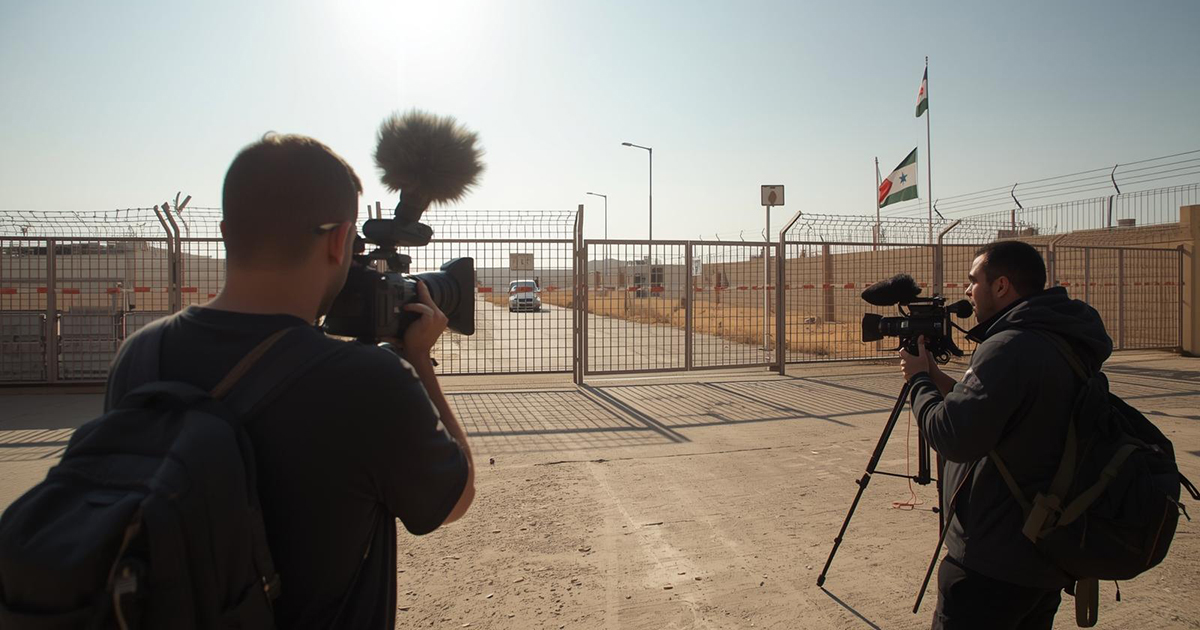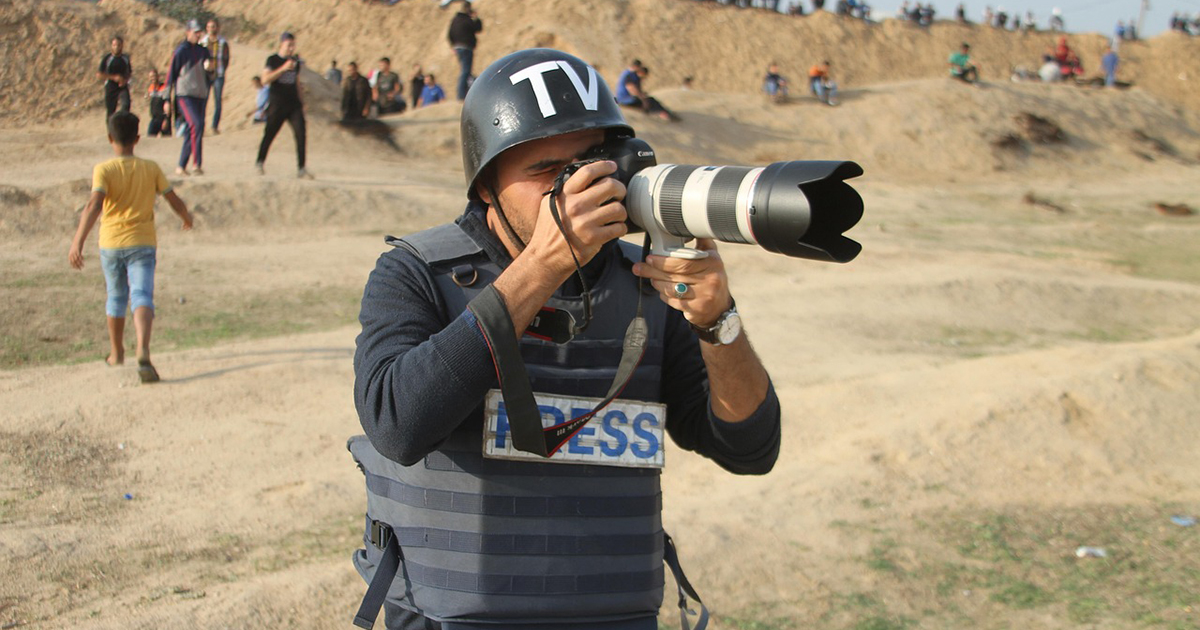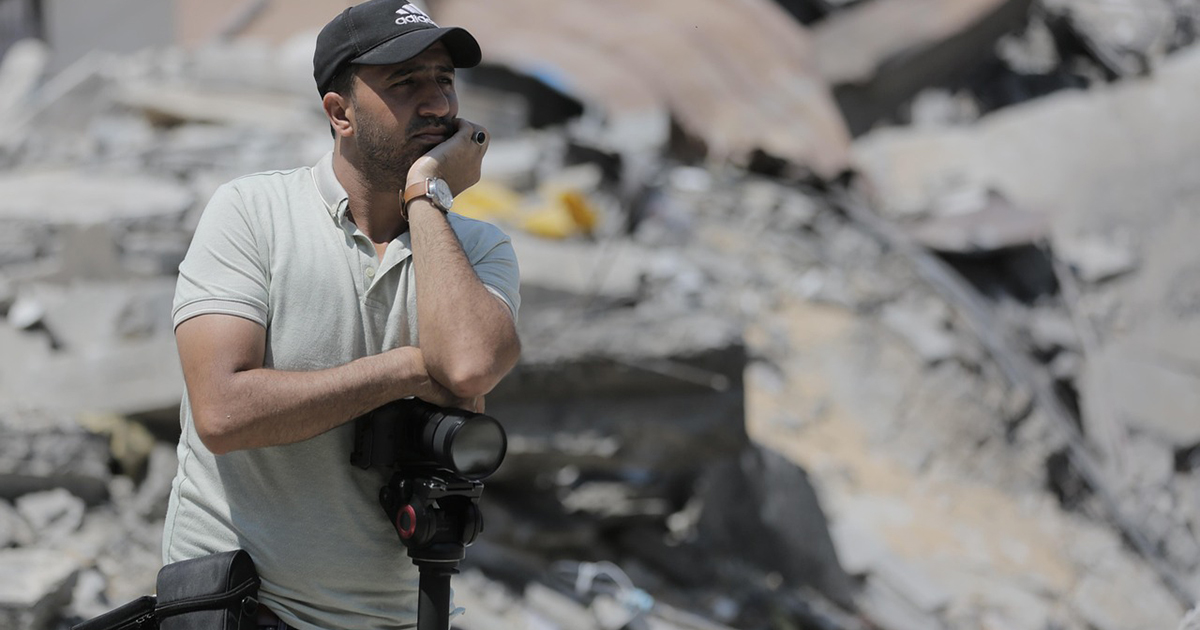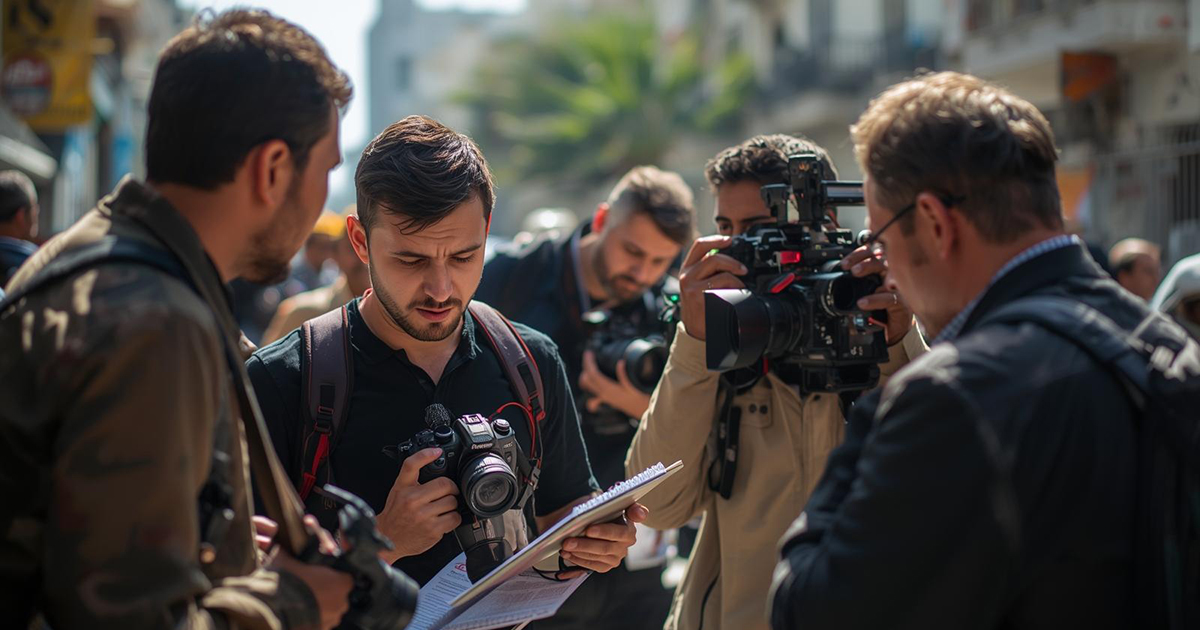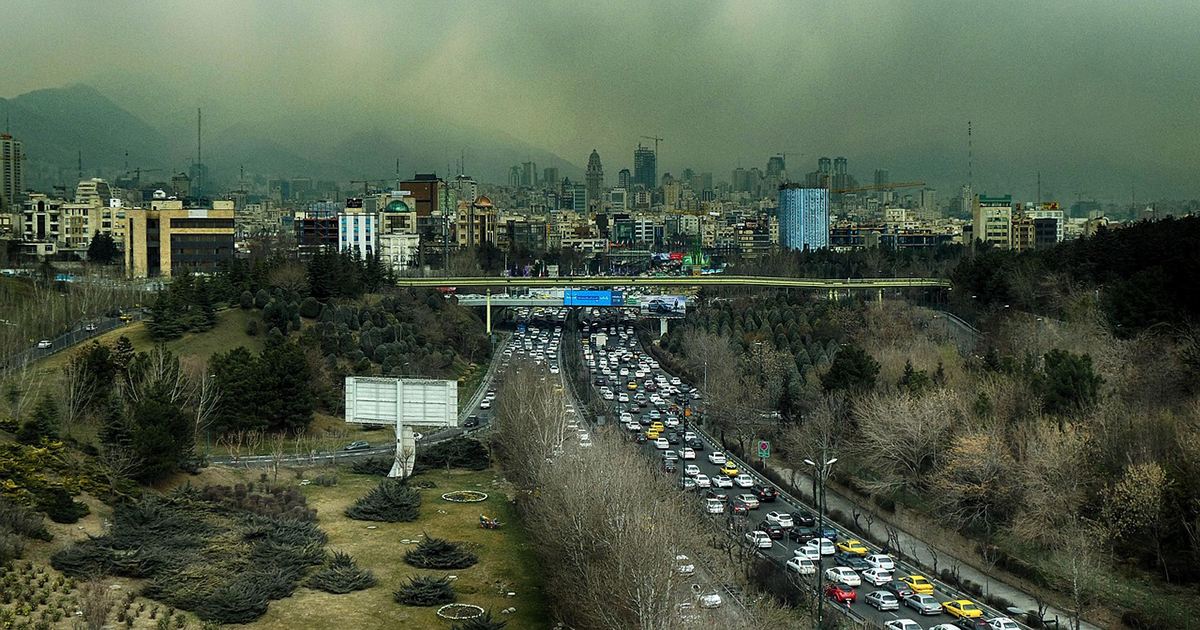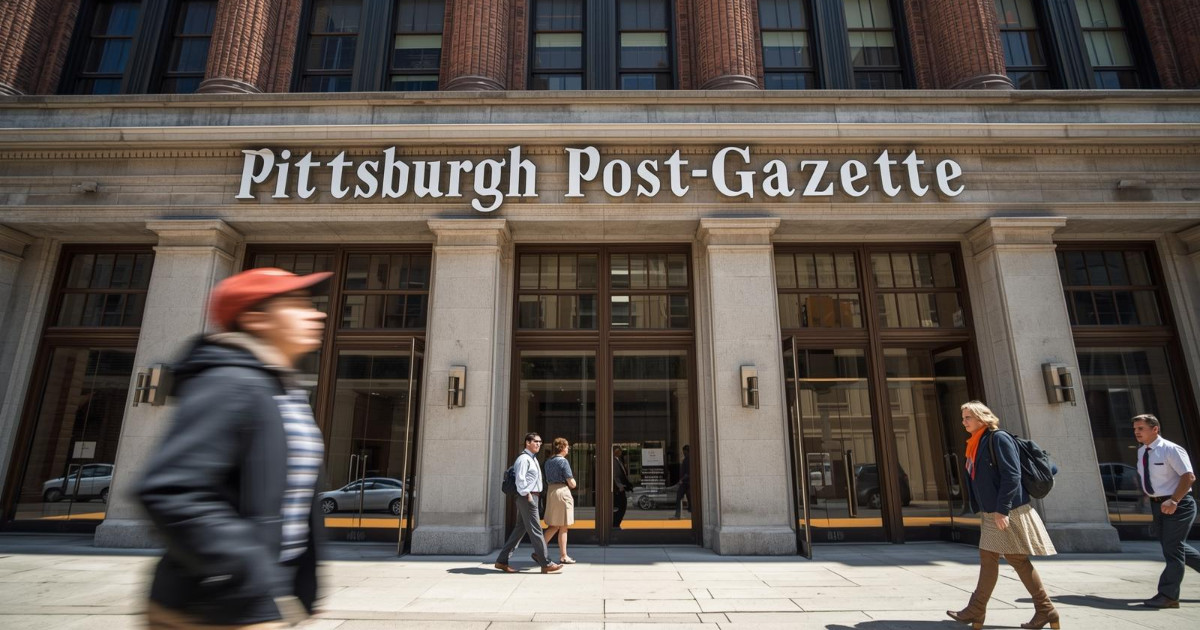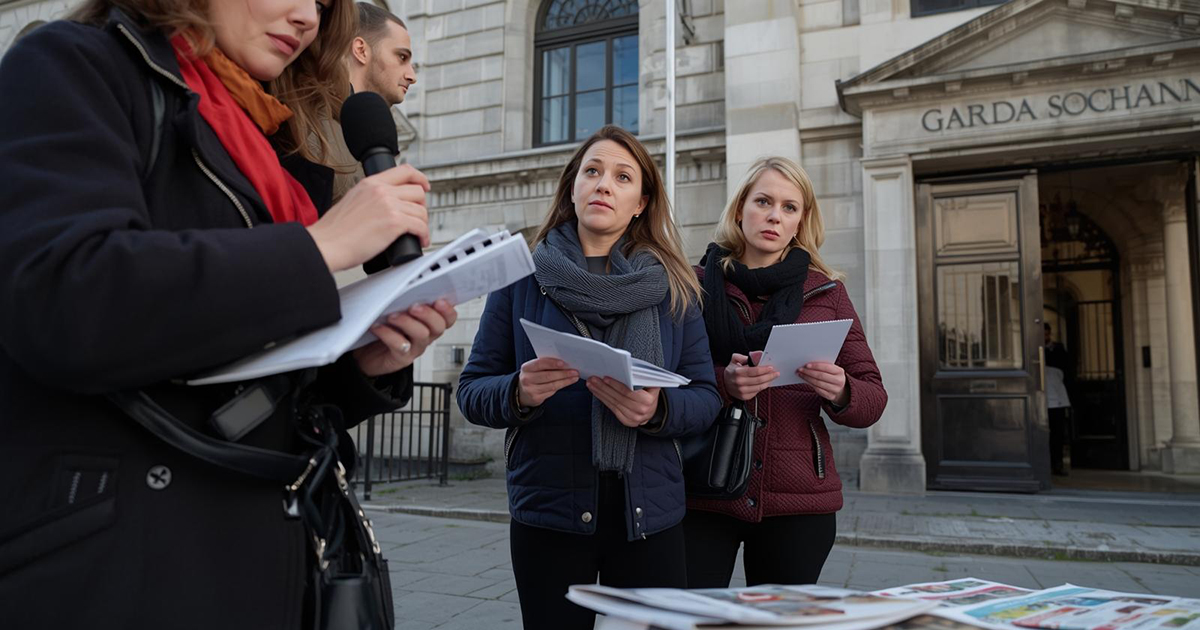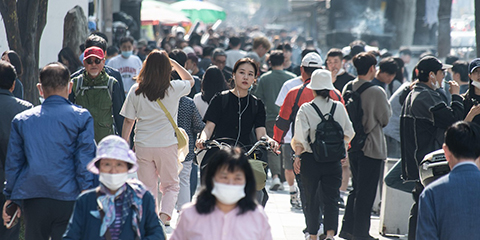Houthi spying verdict heightens risks for media workers
JournalismPakistan.com | Published: 23 November 2025 | JP Middle East Desk
Join our WhatsApp channel
A Houthi-controlled court in Sanaa sentenced 17 individuals to death for purported espionage. This ruling intensifies risks for local media and humanitarian workers supporting international efforts.Summary
SANAA, Yemen — A Houthi-controlled court in Sanaa on November 22 sentenced 17 people to death on charges of spying for foreign states, marking one of the group’s most sweeping security rulings in recent months. The verdict was presented as part of a broader campaign against individuals the Houthis accuse of aiding external actors.
Crackdown widens under Houthi authority
Houthi officials said the defendants were linked to foreign intelligence networks and alleged they had shared sensitive information on military positions, leadership movements, and strategic sites. The sentencing follows a pattern of arrests targeting Yemenis working with international organizations, including humanitarian agencies and development groups, as the Houthis intensify efforts to curtail outside influence in territories they control.
Rising dangers for media and aid workers
The ruling represents a serious escalation for local staff supporting foreign media and humanitarian reporting. With growing pressure on fixers, translators, drivers, and field coordinators, the risks associated with assisting international journalists have sharply increased. The few foreign correspondents who still attempt to report on Yemen rely heavily on local partners, and the verdict is expected to deter these collaborations further. Media organizations will likely need to reassess safety protocols, source protection, and contingency planning to maintain coverage of Yemen’s conflict and humanitarian conditions.
Impact on reporting and humanitarian access
Analysts warn the latest ruling may tighten restrictions on independent reporting and humanitarian access, making it harder to verify events on the ground or gather information safely. Advocacy groups say the Houthi-controlled judicial system lacks transparency and due-process guarantees, raising wider concerns about the treatment of detainees and the use of national security charges to silence or intimidate those with international affiliations.
PHOTO: Photo generated by AI to illustrate courtroom and press safety issues in Yemen.
ATTRIBUTION: A monitoring report compiled from multiple news and human rights sources.
KEY POINTS:
- 17 individuals sentenced to death by Houthi-controlled court
- Defendants accused of espionage for foreign states
- Executions to occur by public firing squad with appeals allowed
- Rights groups warn of heightened dangers for media workers
- Judicial system criticized for lack of transparency and due process.




